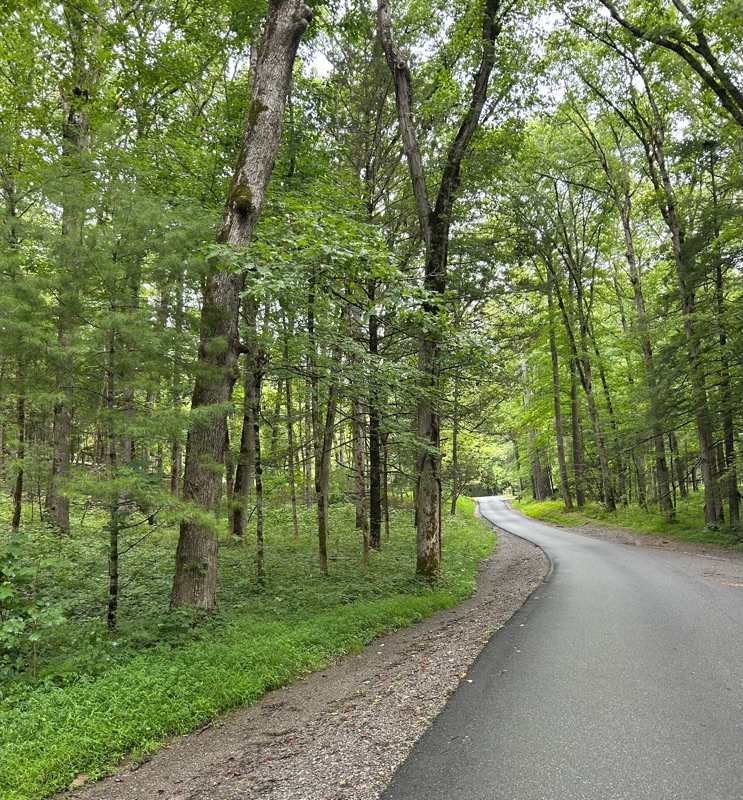
When most people picture a weekend getaway, they imagine rest, adventure, new sights, and the joy of getting out of routine. For me, traveling with my husband Chuck—who lives with Frontotemporal Dementia (FTD)—means carrying a hidden map full of detours, dead ends, and constant recalculations. It is not easy, but I’ve learned that the journey is still worth taking.
Chuck’s memory doesn’t hold onto much these days. A quick bathroom break for me with direction for him to remain where he stands outside, looking at travel books, ends in me looking for him, calling him, to find he’s standing at a white Chevy he thought we were driving when in fact we are in a grey Toyota van. I now walk a bit faster and keep him in my sightline when I can—but even then, the smallest lapse in my attention feels risky. IS risky.
This weekend getaway has been full of moments like this. Despite full days of sightseeing and familiar routines in a place we’ve loved, Chuck asks multiple times a day where we are and when we’re going home. Each morning feels like day one, and each evening brings questions about what comes next. His brain doesn’t store the arc of the day, only fleeting moments that quickly vanish.
At night, things don’t quiet down. Chuck sometimes wakes up in the dark, convinced it’s time to go to work. He dresses and prepares for a job he hasn’t had in years, confused and agitated when I gently redirect him back to bed. It’s exhausting, and heartbreaking.
Dining out is another layer of complexity. Reading a menu is overwhelming for Chuck now—too many choices, too much text, too fast-paced. He looks down, looks up, looks down again, clearly trying to process but getting stuck. I quietly pick something I know he’ll enjoy, offering it as a suggestion, and often he agrees. Small wins.
He believes we’re headed home every day. He doesn’t settle into the rhythm of vacation. He wants the familiarity of home. He’s always packing in his mind, always waiting for the next departure. That disorientation is constant, and no amount of soothing explanation seems to stick. His body, too, doesn’t cooperate the way it once did. He tires easily, his muscles weaker, his endurance shrinking. A theme park stroll becomes a strategic mission with planned breaks, shaded seats, and careful pacing.
Confabulation—fabricated or misremembered stories—is something I’ve learned to expect. On this trip, he asked the amusement park staff if they’d found his work keys. He hasn’t carried work keys in years. They were kind and patient, while I quietly offered context. It’s always a balancing act—preserving his dignity while managing the fallout of his confusion.
Still, in the midst of all this, I choose to go. I choose to explore because I need it—not just as Chuck’s caregiver, but as his wife, and as a woman who still longs for moments of beauty, wonder, and yes, even fun. These trips aren’t relaxing, not in the traditional sense. But they shift the scenery, break up the monotony, and offer tiny glimmers of light in a darkening journey.
I remain vigilant. Every moment requires alertness, creativity, and grace. But travel gives me more than fatigue—it gives me perspective. It reminds me that even in the hardest seasons, we’re still moving. We’re still here.
For more information about frontotemporal degeneration, go to www.theaftd.org, email them at info@theaftd.org or call 866-507-7222.
